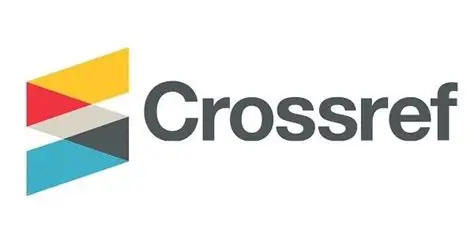TALENT MANAGEMENT IN A DIGITAL WORLD: BUILDING WORKFORCE AGILITY THROUGH STRATEGIC HRM
Keywords:
Talent Management, Strategic HRM, AI in HR, Data-Driven Recruitment.,,Abstract
The digital era has significantly transformed the workplace, driving organizations to adopt
innovative strategies to remain competitive and sustainable. Talent management, a cornerstone of
Strategic Human Resource Management (SHRM), is vital for addressing the challenges posed by
this transformation. With the rapid advancement of technologies such as artificial intelligence (AI),
machine learning, big data, and automation, traditional workforce dynamics have shifted
dramatically, leading to new challenges like skills gaps, talent retention issues, and employee
resistance to change. At the same time, these changes present opportunities to redefine work
through flexible models, diversity, inclusion, and digital proficiency.
This study explores how SHRM can empower organizations to redefine their talent management
strategies to meet the demands of the digital age. By leveraging digital tools, promoting continuous
learning, and fostering workforce agility, SHRM provides a framework to prepare organizations
for the future of work. This research employs a mixed-methods approach, utilizing primary data
collected through surveys and interviews with HR professionals and business leaders, as well as
secondary data from industry-leading reports and organizational case studies.
Key findings reveal that integrating advanced technologies such as AI and big data analytics into
HR functions enhances recruitment efficiency, workforce engagement, and talent retention.
Moreover, organizations that emphasize upskilling, hybrid work environments, and diversity
initiatives report higher levels of innovation and productivity. This paper also highlights the
importance of strategic workforce planning and the alignment of HR strategies with long-term
business objectives in creating a resilient and future-ready workforce.
By addressing critical challenges and proposing actionable strategies, this study provides
organizations with a roadmap to harness the full potential of digital transformation in talent
management. The insights aim to help businesses build sustainable and competitive HR
frameworks that thrive in the rapidly evolving landscape of the future of work.
References
Creswell, J. W. (2018). Research Design: Qualitative, Quantitative, and Mixed Methods
Approaches (5th ed.). Sage Publications.
Robson, C., & McCartan, K. (2016). Real World Research (4th ed.). Wiley.
Cappelli, P. (2020). Talent on Demand: Managing Talent in an Age of Uncertainty.
Harvard Business Review Press.
Brynjolfsson, E., & McAfee, A. (2014). The Second Machine Age: Work, Progress, and
Prosperity in a Time of Brilliant Technologies. W.W. Norton & Company.
Deloitte Insights. (2023). Future of Work Trends. Deloitte Insights.
KPMG. (2020). The Future of HR 2020. KPMG Insights.
McKinsey & Company. (2022). Building Workforce Resilience in the Digital Economy.
McKinsey & Company.
World Economic Forum. (2020). The Future of Jobs Report 2020. World Economic
Forum.


